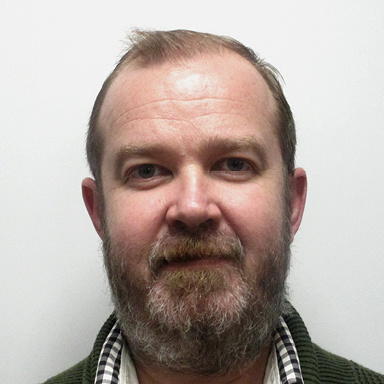Overwhelmed. Confused. Frightened. Guilty. Angry. These are just some of the complex emotions you may experience after a cancer diagnosis – and they’re all appropriate, says a Mediclinic mental health expert.
There is no denying that cancer can affect your mind as much as your body. On the one hand, this is a function of the physical sensations you may be experiencing: living with painful symptoms and fatigue unavoidably cause distress and frustration. More than this, however, cancer patients often feel that they’ve come face to face with their own mortality.
While you may know that cancer treatments continue to improve and advance, and that cancer need not be a death sentence, that won’t stop you from fearing what’s going to happen next, wondering how you’ll handle it, or asking why this has happened to you. “Our minds struggle to deal with the complexity of everything,” says Jonathan Nel, a clinical psychologist at Mediclinic Morningside.
Feeling overwhelmed is normal
Feeling overwhelmed is one of the most common responses to a cancer diagnosis. This is understandable given your life is about to change significantly. “There are many unknowns about the future,” Nel explains. “You don’t know how you’ll feel after treatment, or how effective the treatment will be. Those are scary scenarios to be confronted with. Things you may have taken for granted may now seem out of reach.”
It's also normal to feel anxious, sad, scared, and alone. As much as your family and friends may love and support you, they are not facing the same situation. Nor are they experiencing your physical pain and discomfort. Above all, they probably don’t understand what it’s like to live with death as an imminent possibility.
But you may also be worrying about more practical things, such as whether your medical aid will cover all expenses, managing the logistics around your treatment, work, and family responsibilities – and what life will look like once the treatment is over.
Adding to the complexity of this emotional experience is that positive emotions may also surface, like hope for recovery, gratitude for the people who support you, and for having access to medical treatment.
See a cancer counsellor
Once you’ve been diagnosed, it’s crucial to consult a cancer counsellor or psychologist. Your oncologist may be able to refer you – some Mediclinic facilities offer a multidisciplinary setting where specialist counsellors are part of the treatment team. Many online cancer support groups are also available.
Your cancer counsellor or psychologist will provide a safe, confidential setting where you can talk through your emotions. They’ll also offer guidance and support in handling the reality of your diagnosis, for example, possible side-effects of treatment, such as hair loss, mastectomy, or hormone treatment.
You’ll also be facing practical challenges, such as finances. Your counsellor will help you navigate conversations about how your illness will affect your family financially while you’re undergoing treatment, which may be costly depending on your medical aid cover. You’ll need to discuss how you’re going to manage costs and whether your family will be provided for in the event of your death.
You may also find that you start to view your relationships with friends, family, and even yourself differently. If you have any unaddressed personal issues, you may find you can no longer ignore them. This may cause you added stress. If any of these involve family members or friends, you may feel compelled to right perceived wrongs, which can be emotionally difficult.
Your family dynamics may also change as you’re no longer able to take on the tasks and responsibilities that were previously yours. This doesn’t only relate to your role as a parent; you may also have to rethink what it means to be a partner if your treatment makes intimacy difficult.
Although counselling can’t provide a cure or improve your physical condition, talking through your concerns is as an effective means of psychological support. Your counsellor can also provide practical insights and strategies to manage issues like anxiety.
“Research has demonstrated that social support in medical crises results in fewer psychological symptoms, and sometimes fewer physical symptoms,” says Nel. “This reinforces how important it is to receive support from friends, family, and healthcare professionals to help you through the difficult journey of a cancer diagnosis.”
To find a healthcare professional near you, click here.
Further publications on the topic
Doctors 1


